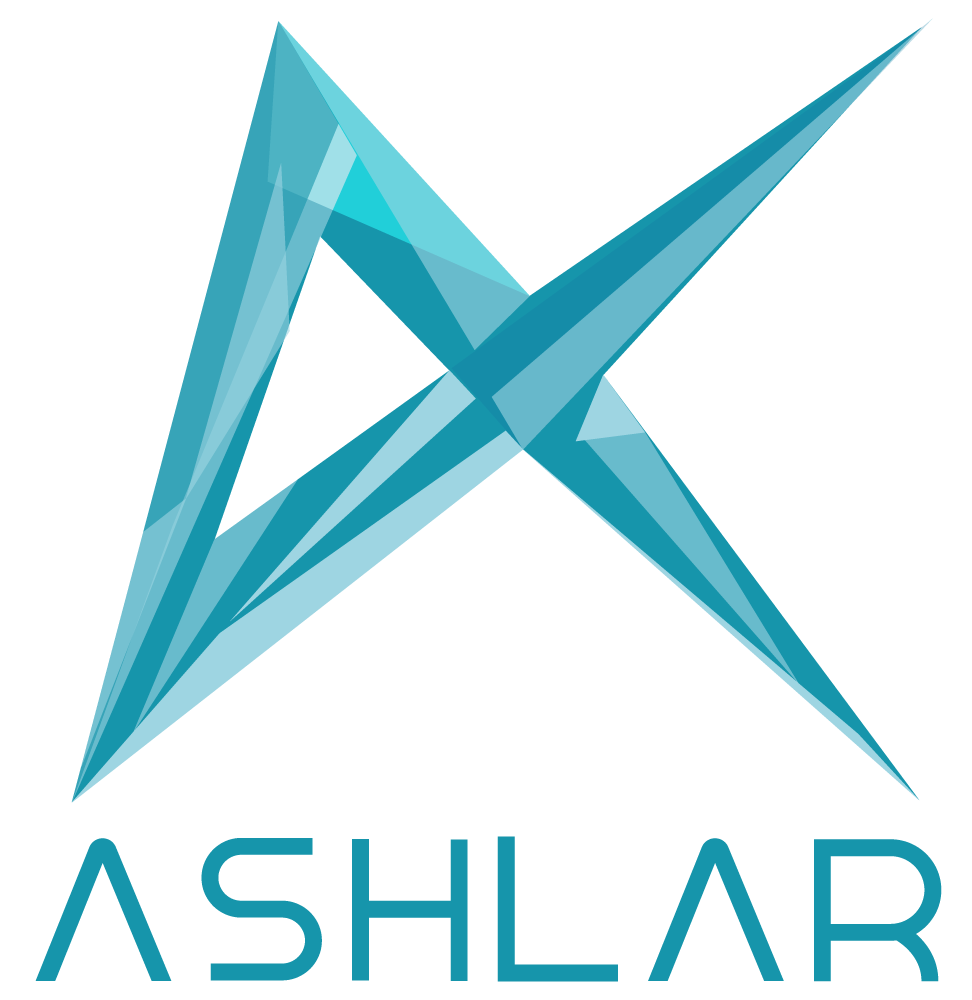The Future of Custom Software Development: Trends to Watch in 2025

In today’s rapidly evolving digital landscape, businesses across industries rely on custom software development to stay competitive. As technology advances, so do the expectations for software solutions that are agile, scalable, and tailored to specific business needs. In 2025, several key trends will shape the future of custom software development, influencing how businesses build and deploy bespoke solutions. Whether you’re a startup looking to develop a new product or an enterprise seeking to modernize legacy systems, understanding these trends is crucial for staying ahead.
1. Low-Code and No-Code Development
One of the most transformative trends in custom software development is the rise of low-code and no-code platforms. These tools enable businesses to build applications with minimal programming expertise, reducing development time and costs. Platforms like Out Systems, Mendix, and Microsoft Power Apps are leading this shift, allowing non-technical users to create powerful applications through intuitive drag-and-drop interfaces.
Why It Matters:
- Faster development cycles and reduced costs
- Increased accessibility for businesses without technical teams
- Rapid prototyping and testing of new ideas
2. AI-Driven Development
Artificial Intelligence (AI) is reshaping the landscape of bespoke software development by automating coding processes, improving software quality, and predicting project bottlenecks. AI-powered tools like GitHub Copilot and OpenAI Codex assist developers in writing code more efficiently while reducing errors.
Key Benefits:
- Automated code generation and debugging
- Intelligent suggestions for software architecture
- Enhanced productivity for development teams
Explore Our AI/ML Services
3. Robotic Process Automation (PA)
The adoption of Robotic Process Automation (RPA) is accelerating, particularly in industries where repetitive tasks dominate workflows. RPA tools streamline processes by automating mundane tasks, improving efficiency, and reducing human errors.
How RPA Impacts Custom Software Development
- Automates routine business processes
- Improves operational efficiency and accuracy
- Frees up human resources for strategic tasks
Learn More About Our RPA Solutions
4. Cloud-Native Applications
Cloud computing has revolutionized software development, and in 2025, cloud-native applications will continue to dominate. Businesses are moving away from traditional on-premise infrastructure in favor of serverless computing, microservices architecture, and containerization using Kubernetes and Docker.
Advantages of Cloud-Native Development:
- Scalability and flexibility
- Reduced infrastructure costs
- Faster deployment and continuous integration
5. Edge Computing for Real-Time Processing
With the proliferation of IoT devices, edge computing is becoming a critical component of custom software solutions. Instead of relying on centralized cloud servers, edge computing processes data closer to its source, reducing latency and enhancing real-time decision-making.
Use Cases
- Smart cities and IoT-enabled infrastructure
- Healthcare applications for remote patient monitoring
- Industrial automation and predictive maintenance
6. Enhanced Cybersecurity and Privacy Measures
As cyber threats become more sophisticated, cybersecurity-first software development is a necessity. The integration of Zero Trust Architecture (ZTA), AI-powered threat detection, and blockchain for data security will define secure software solutions in 2025.
Key Security Trends
- AI-driven security automation
- Decentralized identity management
- Regulatory compliance (GDPR, CCPA, etc.)
7. Blockchain Integration Beyond Cryptocurrency
While blockchain is often associated with cryptocurrencies, its use in custom software development is expanding into sectors like finance, healthcare, and supply chain management. Decentralized applications (dApps) and smart contracts are becoming standard in enterprise solutions.
Benefits
- Transparency and data immutability
- Enhanced security and trust in transactions
- Reduced dependency on intermediaries
8. Sustainable Software Development
With an increasing focus on environmental responsibility, green computing and sustainable development practices are gaining traction. Developers are optimizing code for energy efficiency, reducing server loads, and leveraging eco-friendly hosting solutions.
How Businesses Benefit
- Reduced carbon footprint
- Lower operational costs
- Compliance with environmental regulations
9. Rise of Quantum Computing
Quantum computing is still in its early stages, but major tech giants like IBM, Google, and Microsoft are making significant strides. Although not yet mainstream, businesses investing in quantum-ready software development will gain a competitive edge.
Potential Applications
- Drug discovery and material science
- Complex optimization problems in logistics
- Advanced cryptography for secure communications
10. Personalized User Experiences with AI
AI-driven personalization is transforming how businesses interact with customers. Custom software solutions now integrate AI-powered recommendation engines, adaptive interfaces, and real-time behavior analysis to deliver hyper-personalized experiences.
Examples
- E-commerce platforms suggesting personalized product recommendations
- AI-driven chatbots providing tailored customer support
- Smart applications that adapt to user behavior
11. The Role of DevOps in Custom Software Development
DevOps practices are becoming a cornerstone of custom software development, enabling teams to build, test, and deploy applications more efficiently. Continuous integration and continuous deployment (CI/CD) pipelines ensure faster releases, while infrastructure as code (IaC) streamlines the management of development environments.
Why DevOps Matters
- Reduces software deployment failures
- Enhances collaboration between development and operations teams
- Improves scalability and performance of applications
12. Industry-Specific Custom Software Solutions
Businesses are increasingly seeking industry-specific software solutions tailored to their unique requirements. Whether it’s healthcare software for patient management, fintech applications for secure transactions, or retail solutions for personalized shopping experiences, custom software is addressing specialized needs like never before.
Benefits of Industry-Specific Software
- Compliance with industry regulations
- Optimized workflows for specific business models
- Competitive advantage through tailored functionalities
Preparing for the Future of Custom Software Development

The future of custom software development is dynamic, with innovations shaping how businesses create, deploy, and maintain software solutions. Companies that embrace these trends will be better positioned to enhance efficiency, improve security, and drive innovation.
At Ashlar, we specialize in cutting-edge custom software development, ensuring that your business stays ahead of the curve. Whether you need AI-powered applications, cloud-native solutions, or blockchain-based systems, our team of experts is ready to help.
Ready to future-proof your business? Hire Our Expert Developers Today!








